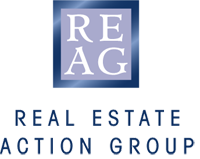Well, in a co-op essentially – residents buy a share allocated to a particular apartment in the co-op building but the building is owned by the Co-op Society. There are two kinds:
Profit and non-profit. The non-profit buildings are mostly government sponsored (through loans), have income restrictions and are meant to be given back at no profit. Actually most subsidies run out by 2020 … will be interesting to see what happens to them then!
The ‘profit’ ones are different. Actually, this style of ownership – while not popular in Vancouver is very much in vogue elsewhere. Most of New York is owned as a co-operative. And if you are paying $800,000 to $3 million for a $1,200 sq. foot co-operative … they can’t be all bad.
As with condominium ownership, maintenance and repairs are paid for through the collection of monthly fees.
Negatives: All of them have restrictions:
- No pets
- No rentals
- No children
Some also have:
- Right of first refusal of corporation
- Formula to determine fair market value
Worse, the co-op board has the right to reject a prospective buyer. (One seller in an Oakridge co-op was refused to sell to a 70-year old buyer. A New York co-op even refused Richard Nixon!)
Of course a lease has less value than a strata title and they generally appreciate less and are much harder to resell. Banks are really hard on them too. 35% down payments etc. MOSTLY CREDIT UNIONS WILL FINANCE THEM. BANKS – IN GENERAL DO NOT LIKE THEM. Mortgage could be 1% to 1.5% more than on a strata title.
Positives:
- They are a lot cheaper
- Some buyers may actually like these restrictions
- They can be in very nice neighbourhoods – Westside – West End.



Leave A Comment